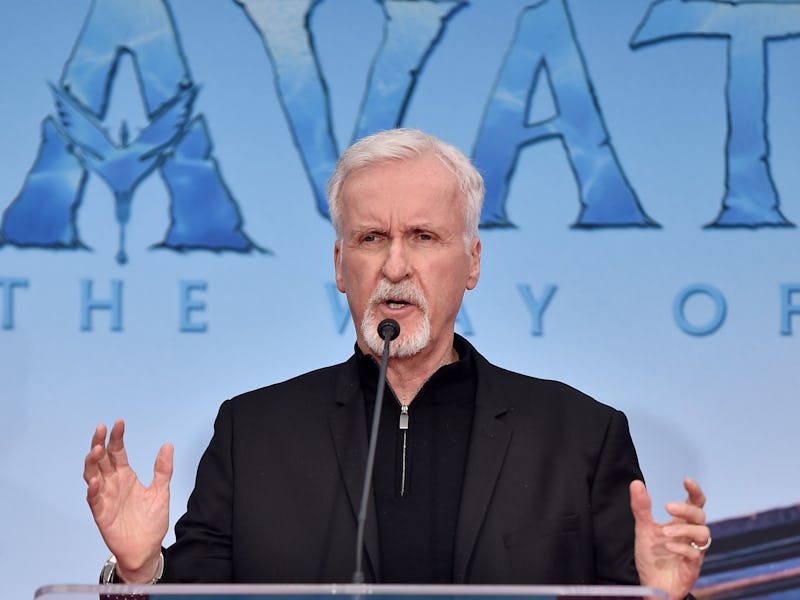James Cameron’s attack on Netflix gets 2 major things wrong — and one right
“We need this! We need to go to theaters.”

If anyone has the right to go on the offensive against Netflix and the streaming industry in general, it’s James Cameron. The director behind Titanic, Terminator, and Avatar has a penchant for making unstoppable blockbuster movies that break box office records (often his own). And in a world where Netflix and Amazon seem unstoppable — and major studios like Disney and Warner are racing to catch up — it can feel like the future of cinema really is watching movies at home.
Then again, maybe not.
As Avatar: The Way of Water proves, people will still show up to the theater in droves for a big enough spectacle. (To be fair, Marvel also had a few big theatrical hits last year, as did Tom Cruise with Top Gun: Maverick.) But leave it to Cameron to swoop in at the end of the year and grab the crown. And in his victory lap, the master of Pandora took a not-so-subtle shot at Netflix.
Avatar: The Way of Water
Speaking to Variety at the Golden Globes, Cameron responded to a question about Avatar 2’s financial success with an unprompted attack on streaming services.
"I'm not thinking of it in those terms," he said in response to the latest box office stats. "I'm thinking of it in the terms of we're going back to theaters around the world. They're even going back to theaters in China where they're having this big Covid surge. We're saying as a society, 'We need this! We need to go to theaters.' Enough with the streaming already! I'm tired of sitting on my ass."
In a sense, he’s right: The Way of Water proves people still want to experience watching a movie on a huge screen in a dark room with lots of strangers. But it’s the specifics here that get Cameron into trouble.
A poster for The Way of Water in Hong Kong.
When it comes to China, Cameron is only partially right. His movie technically flopped in the country with a meager $57 million opening weekend and a 78 percent drop in ticket sales on its second Friday. Avatar 2 will get a rare extended release in China, which could help, but it will also face off against some major upcoming Chinese movies, including Wandering Earth 2.
Cameron also comes across as sort of callous to the fact that his movie debuted in China during a deadly Covid-19 surge, but that’s a touchy subject best left for another time.
And, of course, the director also gets one other (admittedly minor) thing wrong: whether you’re watching a movie on Netflix at home or in the movie theater, you’re still sitting down.
“When we go to the movies we make a deal with ourselves to have undivided attention for a couple of hours.”
But here’s what James Cameron gets right about the difference between streaming and movie theaters. When asked by Variety about his thoughts on people who check their phones during a screening, he nailed exactly why going to the movies is still so great.
“They’re missing the point,” he said. “When we go to the movies we make a deal with ourselves to have undivided attention for a couple of hours. It’s about immersing yourself… choosing to commit to that ahead of time.”
Cameron inadvertently explains the problem with Netflix. Watching a movie at home means watching it while dealing with distractions. Your phone might buzz with an unimportant email. Or you might get bored for a second and decide to check Twitter. Or maybe the doorbell rings. Or you decide to get up and make a snack and you miss a key line of dialogue.
If you’re sitting in a dark theater (and your phone is off) none of those things can happen. That’s what makes going to the movies special. And that’s the problem with Netflix. Or at least, that’s one of them.
Avatar: The Way of Waters is currently in theaters.
This article was originally published on